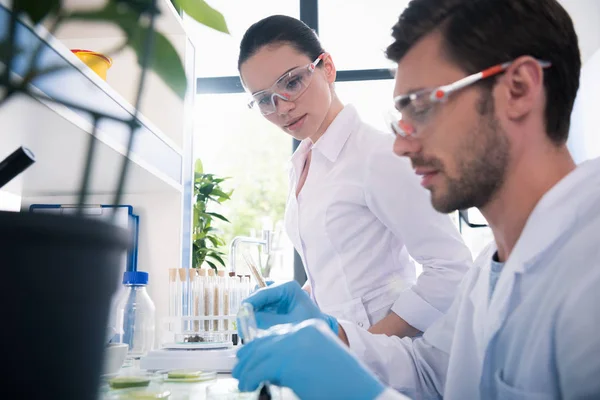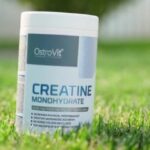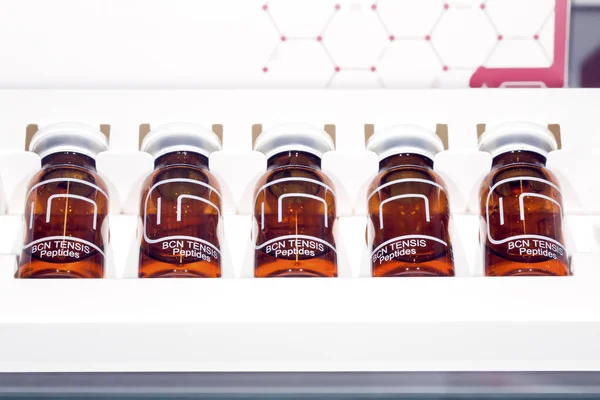Types of Peptides Used in Anti-Aging
Many different peptides exist, each with unique roles. Growth Hormone Releasing Peptides (GHRPs) are a popular choice. Examples of these include, Ipamorelin and CJC-1295. They work by telling your body to release more natural growth hormone. This boost helps your body with muscle growth, as well as in fat loss, and overall vitality.
Bio-identical peptides, mimic the hormones your body already makes. This helps your system respond in a natural way. They are designed to fit perfectly with your body’s chemistry.
Collagen-boosting peptides, are fantastic for your skin health. GHK-Cu and Matrixyl are well-known examples. They encourage your skin cells to produce more collagen and elastin, leading to a smoother, firmer look.
Other therapeutic peptides, like BPC-157, focus on healing and recovery. They can help mend tissues, reduce inflammation, and speed up repair. This broad range means treatments can be very specific to you and your needs.
Administration and Dosage

Peptides can be given in several ways. Subcutaneous injections are common, where a small needle delivers the peptide just under the skin. Topical creams allow some peptides to be absorbed directly through the skin. There are also some which come in the form of Nasal sprays, offering another easy administration route for certain types.
It is really important to seek guidance from a professional. The right dose and type of peptide are very personal. A qualified healthcare provider must help you figure out what’s best, as they can simply tailor a plan just for you.
Treatment plans are often cyclical. This means you might use peptides for a period, then take a break. These protocols are carefully designed to match your specific anti-aging goals. They aim for the best results and safety.
Potential Side Effects and Risks

Like any treatment, peptide therapy can and may have side effects. Most people only experience mild issues. These might include slight reactions at the site of injection. Others might experience feeling tired for a short time, or minor digestive upset. These usually pass quickly.
Rarer but more serious risks can occur. These include hormonal imbalances if not monitored carefully. There is also a chance of interactions with existing medical conditions. Always discuss your full health history with your doctor.
Getting peptides from the right place is critical. Always obtain them from reputable compounding pharmacies. This ensures purity and avoids dangerous counterfeit products. Your safety and health depends on high-quality sourcing.
A thorough medical evaluation is a must before starting therapy. Your healthcare professional will also monitor you closely during treatment. This helps make sure peptide therapy is safe and effective for your unique needs.
Conclusion: Embracing a Peptide-Enhanced Future

Peptide therapy marks a big step forward in the quest for healthy aging as well as in your overall fitness journey.
It offers a precise and effective way to deal with the changes in our body that come with time. By giving your body back its natural signaling molecules, you can see amazing changes. Many people notice clearer skin, better physical abilities, sharper thinking, and even a greater sense of well-being.
The benefits of peptide therapy go way beyond just looking younger. It promotes deep internal rejuvenation and recovery. As scientists learn more about these powerful compounds, peptide therapy will likely become a key part of anti-aging plans.
It empowers people not just to live longer, but to live better and more energetic lives.
Key Takeaways:
- Peptides are natural signaling molecules vital for cell health.
- Aging causes a drop in essential peptides, leading to visible signs of aging.
- Peptide therapy helps your skin, muscles, metabolism, brain, and bones.
- Always talk to a qualified doctor for safe and effective peptide therapy.












1 thought on “Considerations and Safety of Peptide Therapy”
Comments are closed.